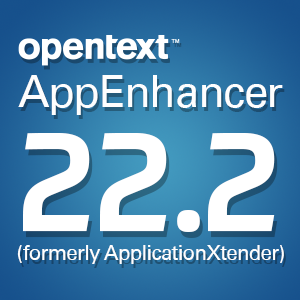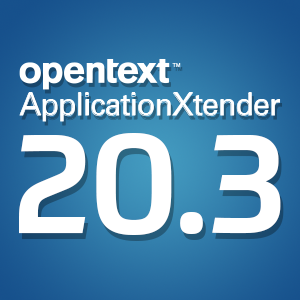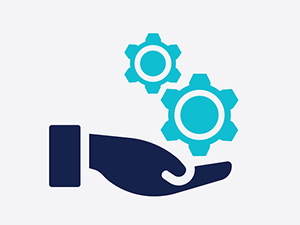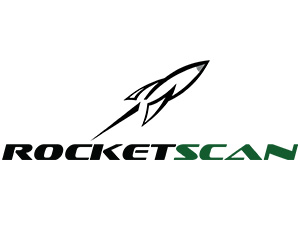True optimization of health care data require more than EHRs
Thursday, December 19, 2013While utilizing paper conversion services and implement EHRs is an important part of the process, it is only the first step to truly utilizing health care data. According to EHR Intelligence, hospitals and other care centers will need to examine the big picture to ensure they are on the right path, and investing in the right services initially to accomplish their goals.
"If you think you have a lot of data right now with an EHR, you have to multiply that number by about five when you start adding all the device information that people are looking at in terms of either reading their blood pressure on a daily basis, or your scale at home or other medical devices," noted Steve Fanning, VP of Healthcare Industry Strategy at Infor, according to the news source. "And all that adds to the clarity that you get around analytics because you're looking at a dataset much, much bigger than just the core clinical information."
Analytics, document management software and a host of other tools are also essential for properly leveraging health care data to its full potential. It's not about having the information, it's about using it, and the firms that optimize their use of patient data will be able to provide better care at a lower overhead cost for themselves.
The first step is still implementing high-quality document conversion services and EHRs, however, and without this strong foundation the rest of these efforts could fall flat. EHR adoption is a requirement, rather than a luxury, and medical centers need to ensure they are starting off on the right foot in order to meet federal mandates and expectations, as well as the needs of their patients.
Brought to you by Image One Corporation, providing government and industry compliance solutions since 1994.




